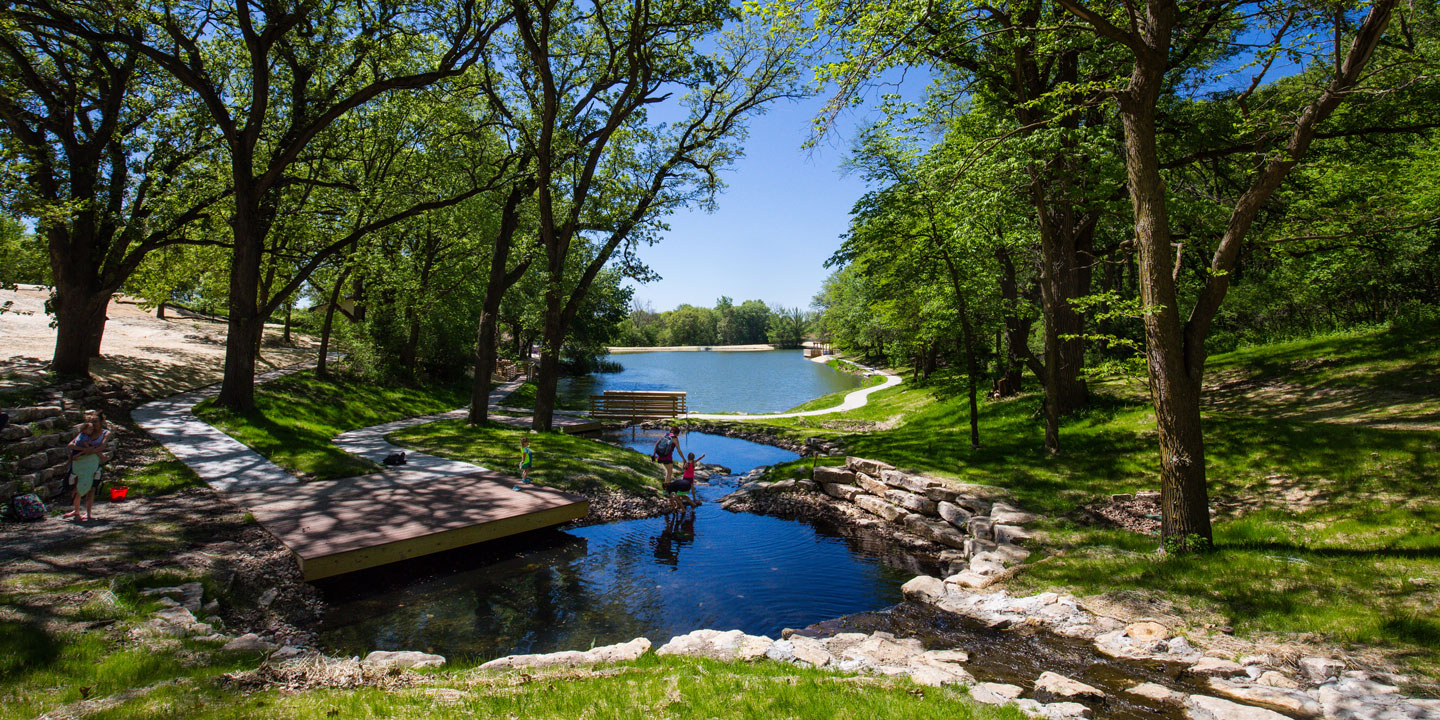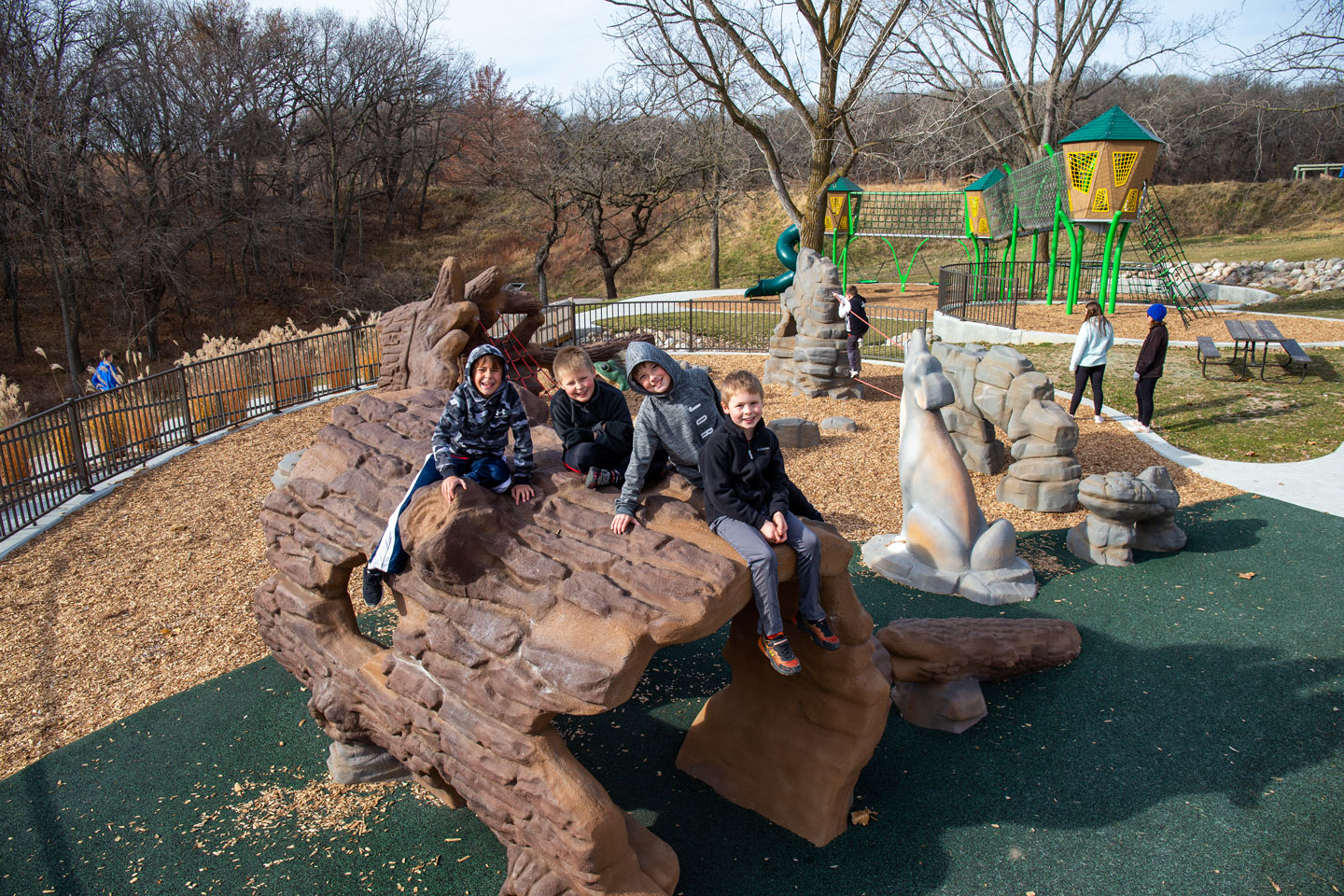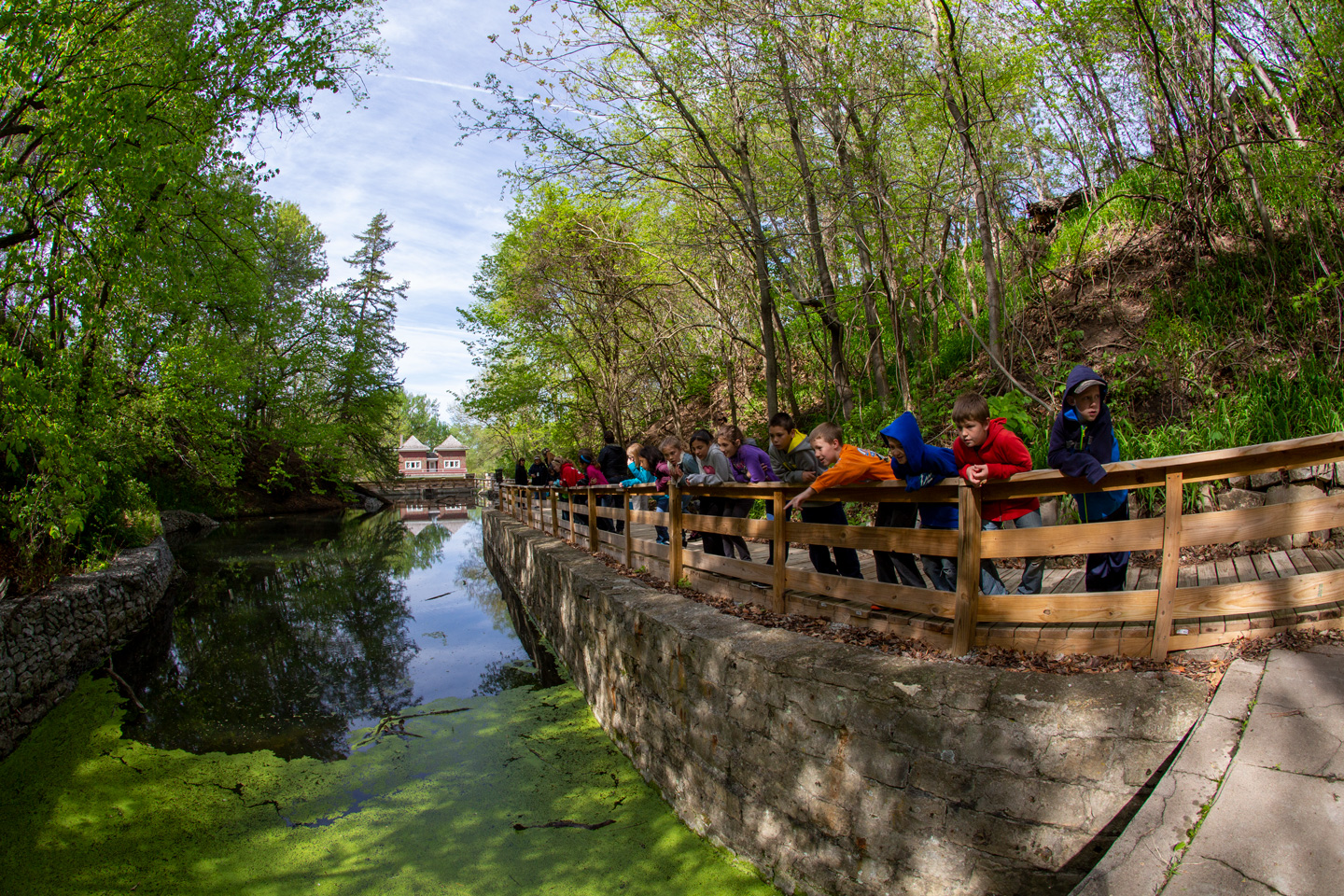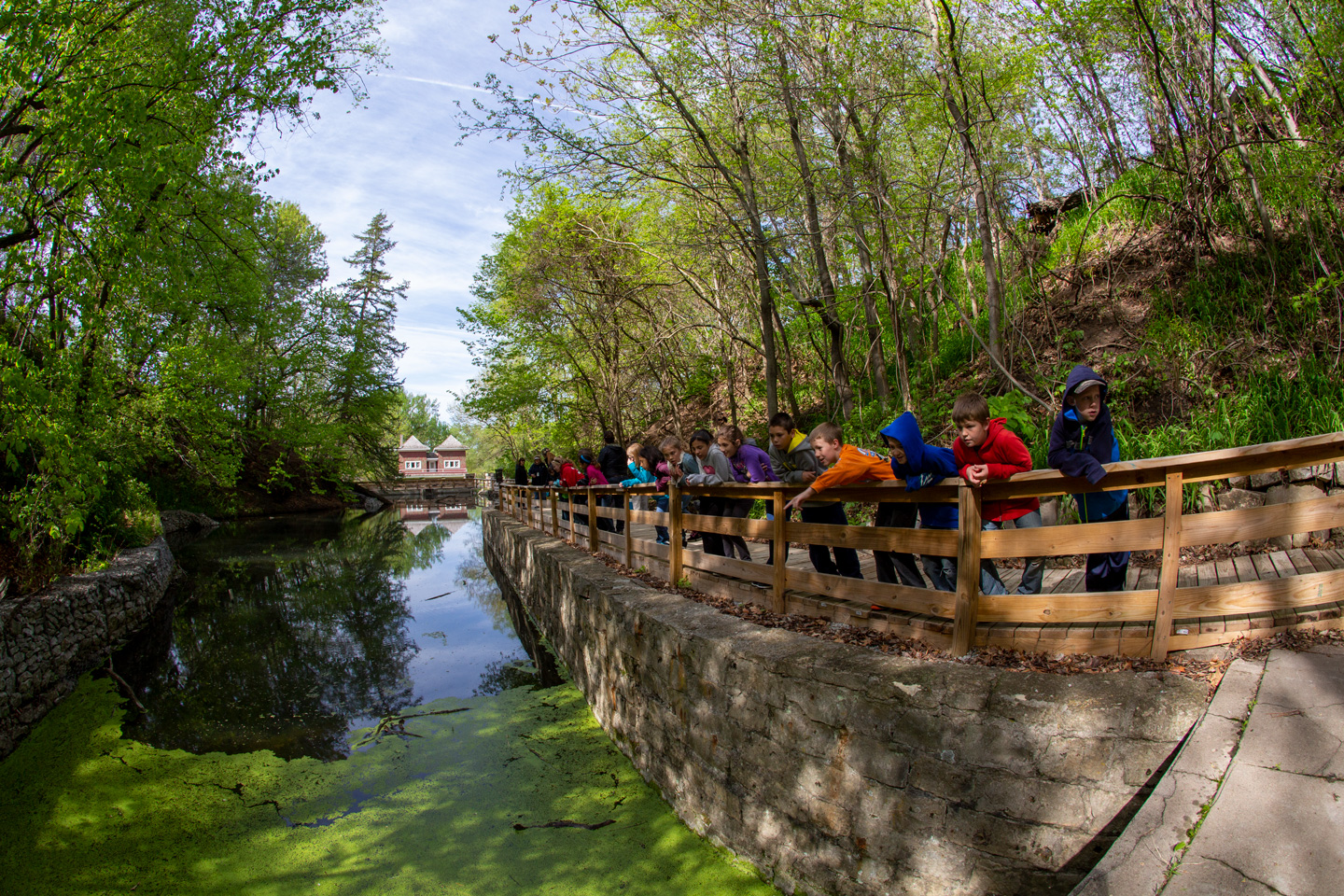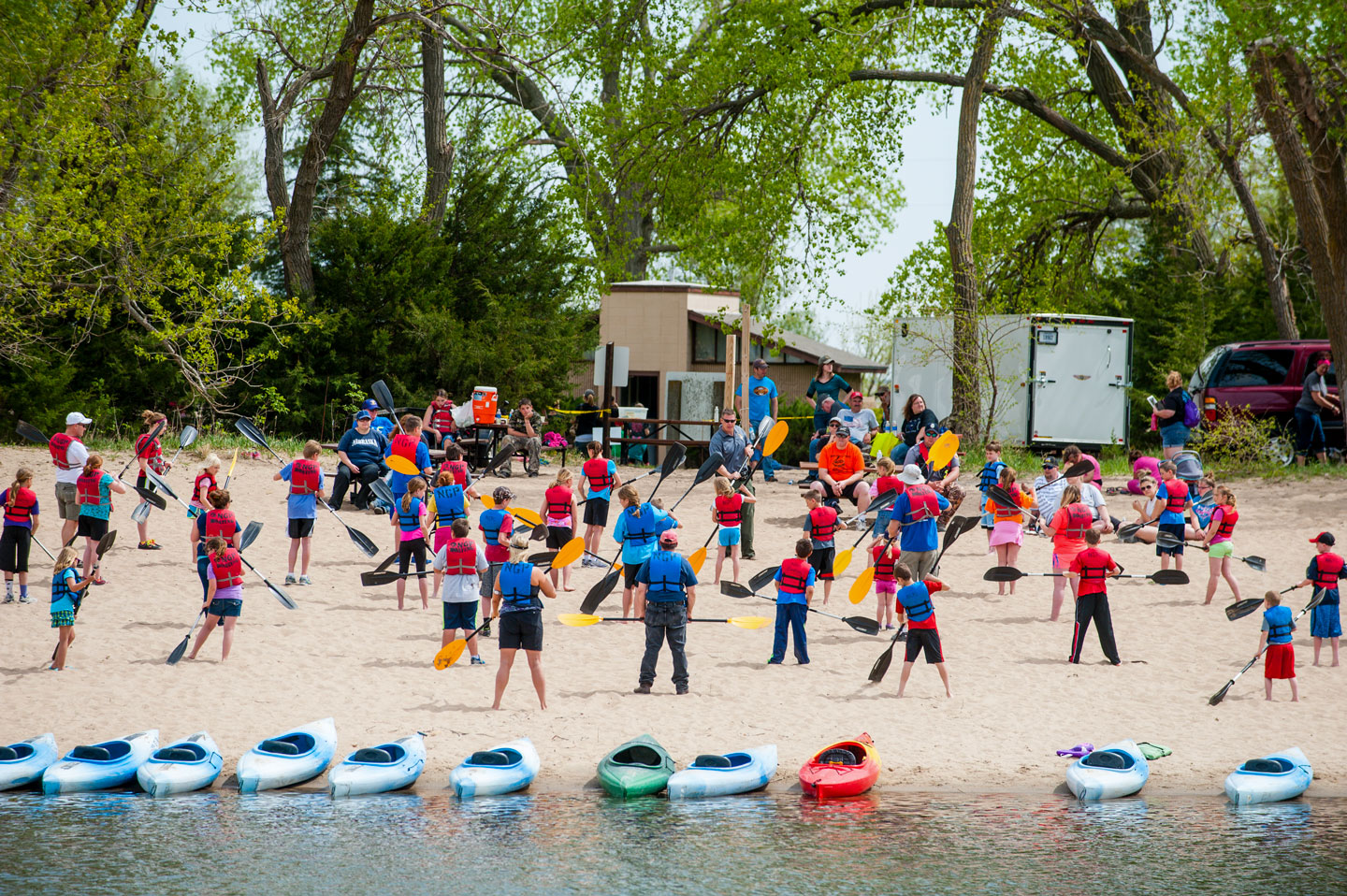Outdoor classrooms provide the perfect setting for all subjects
Most people will tell you that outdoor classrooms work well for teaching science lessons. And, they are right! But, outdoor classrooms are also hugely beneficial when teaching math, reading, social studies, and art. Check out our “Using Outdoor Classrooms to Meet Educational Standards” document.

